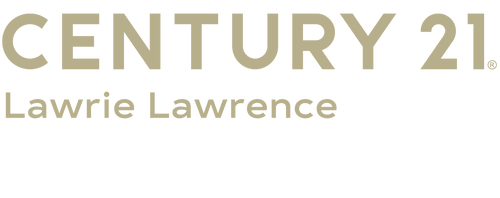
Buying a home is a significant financial and life decision, so it’s important to carefully consider various factors to make an informed choice. Here’s a comprehensive list of factors to consider when buying a home:
Budget and Affordability:
Determine your budget, including down payment, monthly mortgage payments, and ongoing homeownership costs.
Consider pre-qualification or pre-approval for a mortgage to understand your borrowing capacity.
Location:
Evaluate the neighborhood, proximity to work, schools, public transportation, and amenities.
Research the safety, crime rates, and future development plans in the area.
Type of Home:
Decide on the type of property (single-family home, condo, townhouse, etc.) that suits your lifestyle and needs.
Size and Layout:
Consider the number of bedrooms, bathrooms, and overall square footage needed for your family.
Assess the layout and flow of the home to ensure it matches your preferences.
Condition of the Property:
Inspect the property for any needed repairs or renovations.
Factor in the cost of potential upgrades or improvements.
Resale Value:
Research the historical and potential future appreciation of the property.
Consider the long-term value of the location and property type.
School Districts:
If you have children or plan to in the future, research the quality of local schools.
Commute and Transportation:
Evaluate commuting options, traffic patterns, and public transportation availability.
Property Taxes:
Understand the property tax rates in the area and how they may change over time.
Homeowners Association (HOA):
Determine if the property is part of an HOA and understand the fees and rules associated with it.
Home Inspection:
Hire a qualified home inspector to assess the condition of the property.
Review the inspection report for any potential issues.
Utilities and Maintenance:
Estimate monthly utility costs (electricity, water, gas).
Consider the maintenance responsibilities and costs associated with the property.
Future Plans:
Think about your long-term plans and whether the home suits your future needs (e.g., growing family, retirement).
Market Conditions:
Assess the current real estate market conditions, including supply and demand, interest rates, and price trends.
Insurance:
Determine the cost of homeowners’ insurance and what it covers.
Closing Costs:
Budget for closing costs, including fees, taxes, and insurance.
Understand who is responsible for covering these costs.
Home Warranty:
Consider purchasing a home warranty to protect against unexpected repairs.
Neighbors and Community:
Get a sense of the community and neighbors to ensure it aligns with your lifestyle and values.
Legal Considerations:
Review all legal documents, contracts, and disclosures associated with the property purchase.
Future Plans of the Area:
Investigate any upcoming developments or zoning changes that could affect the neighborhood.
Environmental Factors:
Check for potential environmental concerns such as flood zones, soil quality, and natural disasters.
Resale Potential:
Assess how easy it might be to sell the property in the future if needed.
Personal Preferences:
Consider your personal preferences, such as architectural style, outdoor space, and other unique features.
Negotiation Strategy:
Develop a negotiation strategy to get the best possible deal.
Homeownership Costs:
Factor in all homeownership costs, including property taxes, insurance, and maintenance, when calculating affordability.
Remember that buying a home is a complex process, and it’s advisable to work with a qualified real estate agent and consult with a financial advisor to ensure you make an informed decision aligned with your financial goals and lifestyle.


 Facebook
Facebook
 X
X
 Pinterest
Pinterest
 Copy Link
Copy Link

